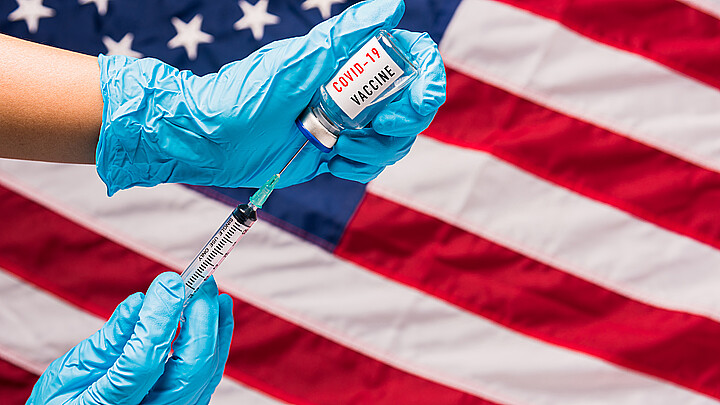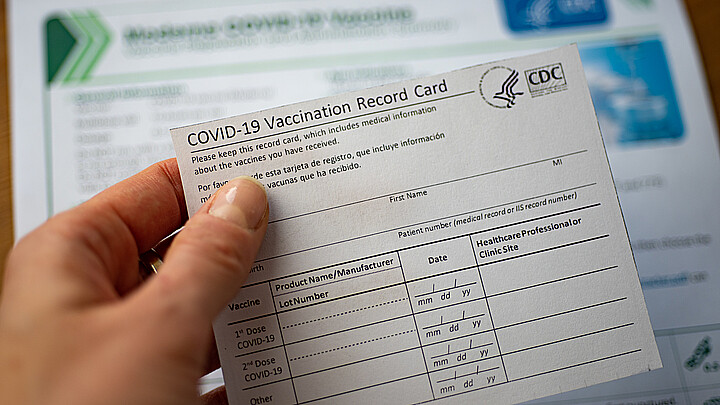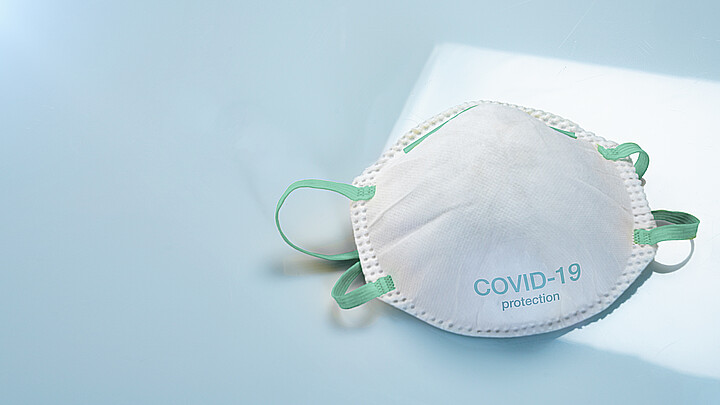Coronavirus
Study shows South Africa’s omicron peak has passed
The number of new COVID-19 cases has dropped significantly in recent weeks
December 23, 2021 9:21am
Updated: December 23, 2021 4:31pm
South Africa has experienced a noticeable drop in new COVID-19 cases in recent days, signaling that the country’s omicron surge might have passed its peak.
South Africa’s daily COVID-19 infections have dropped significantly this past week. On December 20, the country registered 8,515 new infections. That is 44 percent fewer cases than the previous day, according to data from the National Institute for Communicable Diseases.
“The drop in new cases nationally combined with the sustained drop in new cases seen here in Gauteng province, which for weeks has been the center of this wave, indicates that we are past the peak,” said Marta Nunes, senior researcher at the Vaccines and Infectious Diseases Analytics department of the University of Witwatersrand.
“It was a short wave … and the good news is that it was not very severe in terms of hospitalizations and deaths,” she said. It is “not unexpected in epidemiology that a very steep increase, like what we saw in November, is followed by a steep decrease.”
“The rapid rise of new cases has been followed by a rapid fall and it appears we’re seeing the beginning of the decline of this wave,” said Abdullah, working in the COVID-19 ward at Pretoria’s Steve Biko Academic Hospital.
South Africa was the first country to identify the new variant earlier this month. Since then, omicron has spread throughout the world, becoming the dominant variant in many countries, including the U.S. and the U.K. Omicron has been found to be significantly more transmissible than previous strands of the virus.
Health officials, however, are warning that it is still too early to know whether the variant might behave similarly in the rest of the world.
“Each setting, each country is different. The populations are different. The demographics of the population, the immunity is different in different countries,” Nunes said.










